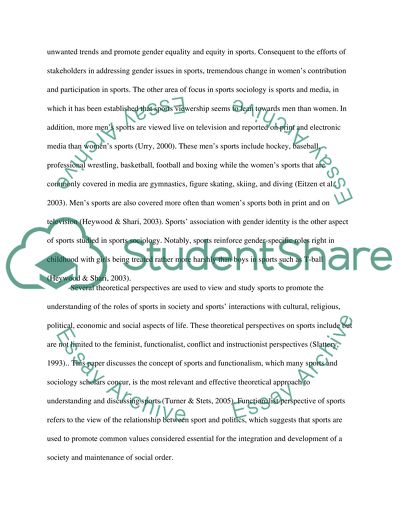Cite this document
(“Functionalism and sport in relation to sport Essay”, n.d.)
Retrieved from https://studentshare.org/sociology/1634012-functionalism-and-sport-provide-a-critical-overview-of-this-in-relation-to-sport
Retrieved from https://studentshare.org/sociology/1634012-functionalism-and-sport-provide-a-critical-overview-of-this-in-relation-to-sport
(Functionalism and Sport in Relation to Sport Essay)
https://studentshare.org/sociology/1634012-functionalism-and-sport-provide-a-critical-overview-of-this-in-relation-to-sport.
https://studentshare.org/sociology/1634012-functionalism-and-sport-provide-a-critical-overview-of-this-in-relation-to-sport.
“Functionalism and Sport in Relation to Sport Essay”, n.d. https://studentshare.org/sociology/1634012-functionalism-and-sport-provide-a-critical-overview-of-this-in-relation-to-sport.


